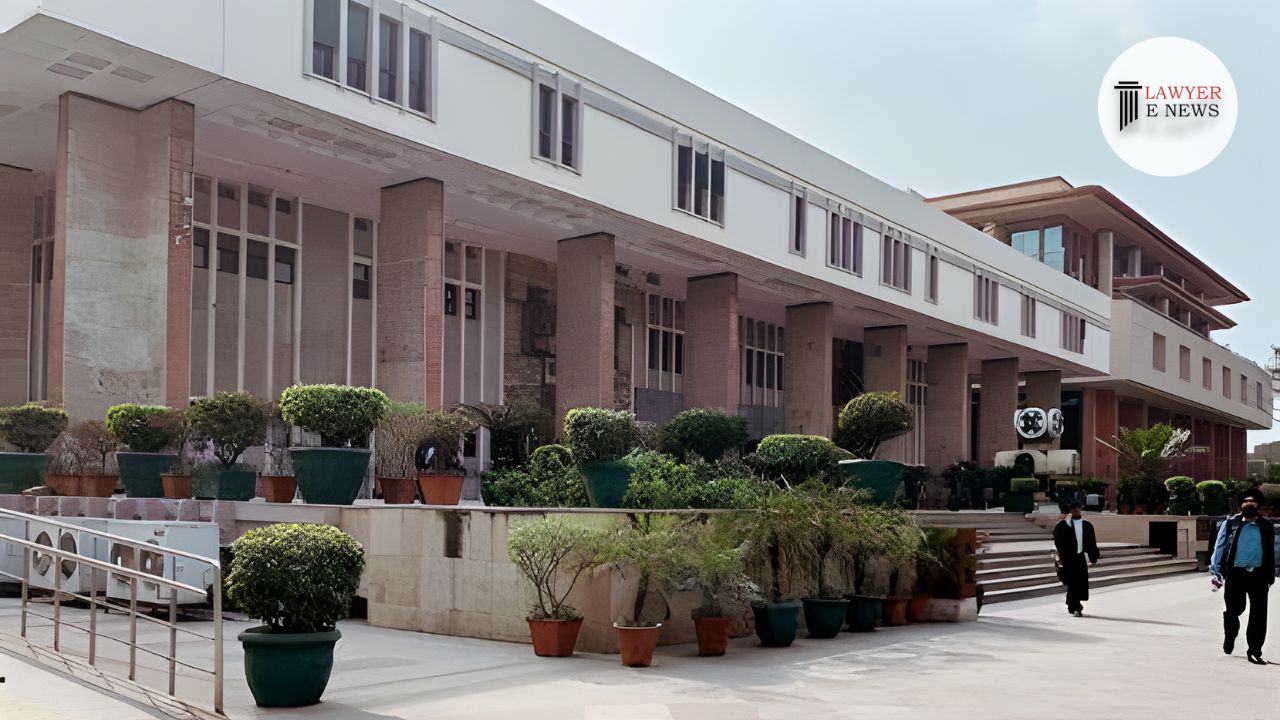-
by Admin
17 February 2026 2:34 PM



In a significant judgment, the Delhi High Court has acquitted an appellant, Veerpal @ Titu, previously convicted under the Protection of Children from Sexual Offences (POCSO) Act and Indian Penal Code (IPC). The Court underscored the importance of consistent and credible testimony in cases involving sexual offences, especially under the stringent POCSO Act.
The appeal, presided over by Justice Anoop Kumar Mendiratta, centered around key legal discussions on the credibility of the child victim’s testimony, the impact of discrepancies in statements, and the effects of delays in filing FIRs.
The appellant challenged his conviction by the Trial Court on the ground that the victim’s testimonies were fraught with inconsistencies and that there was a significant delay in lodging the FIR, which undermined the prosecution’s case. Initially, the appellant was convicted for offences under Section 10 of the POCSO Act and Section 506 IPC, among others. The prosecution’s case was primarily based on the testimony of the child victim, who alleged sexual assault by the appellant.
Credibility of Testimony: The Court noted the victim’s varying accounts of the incident over different occasions, from the initial complaint to her statements under Sections 164 and 161 Cr.P.C., and her testimony in court. Each version presented discrepancies concerning the sequence of events and specific details of the alleged assault.
Delay in FIR: The Court highlighted the delay in filing the FIR, stating that the victim reported the incident five days after the alleged occurrence. This delay was critical given the absence of immediate reporting to the police when they visited the victim’s residence on the day of the incident for a related quarrel.
Context of Matrimonial Dispute: Observations were made about the potential motive for false implication stemming from existing familial and matrimonial disputes, which could have influenced the allegations against the appellant.
Presumption under POCSO Act: Justice Mendiratta discussed the application of Section 29 of the POCSO Act, which involves the presumption of guilt. The court concluded that the foundational facts necessary to trigger this presumption were not established beyond reasonable doubt by the prosecution.
Decision: The Delhi High Court set aside the conviction and sentence, acquitting the appellant due to “major gaps in the prosecution’s presentation and credibility issues with the victim’s account.” The Court remarked on the gravity of wrongfully convicting someone under POCSO, highlighting the enduring social stigma faced by individuals even falsely accused of child abuse.
Date of Decision: April 15, 2024
Veerpal @ Titu vs. State
